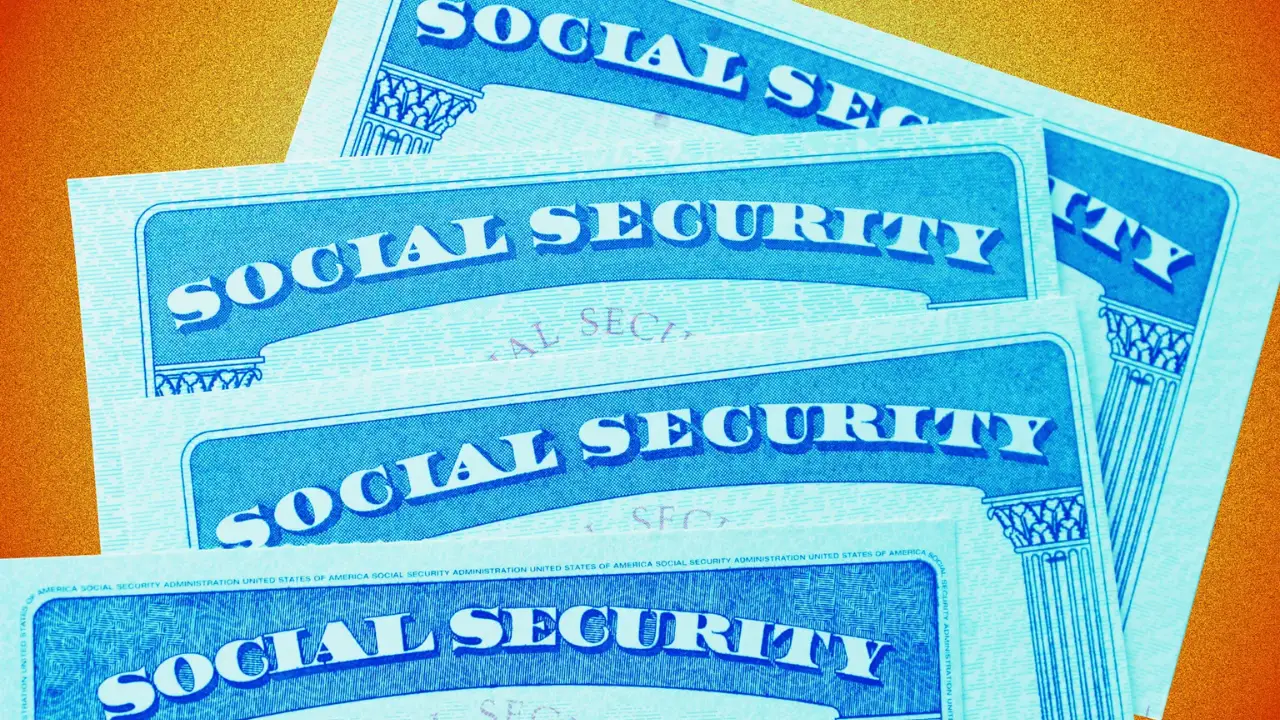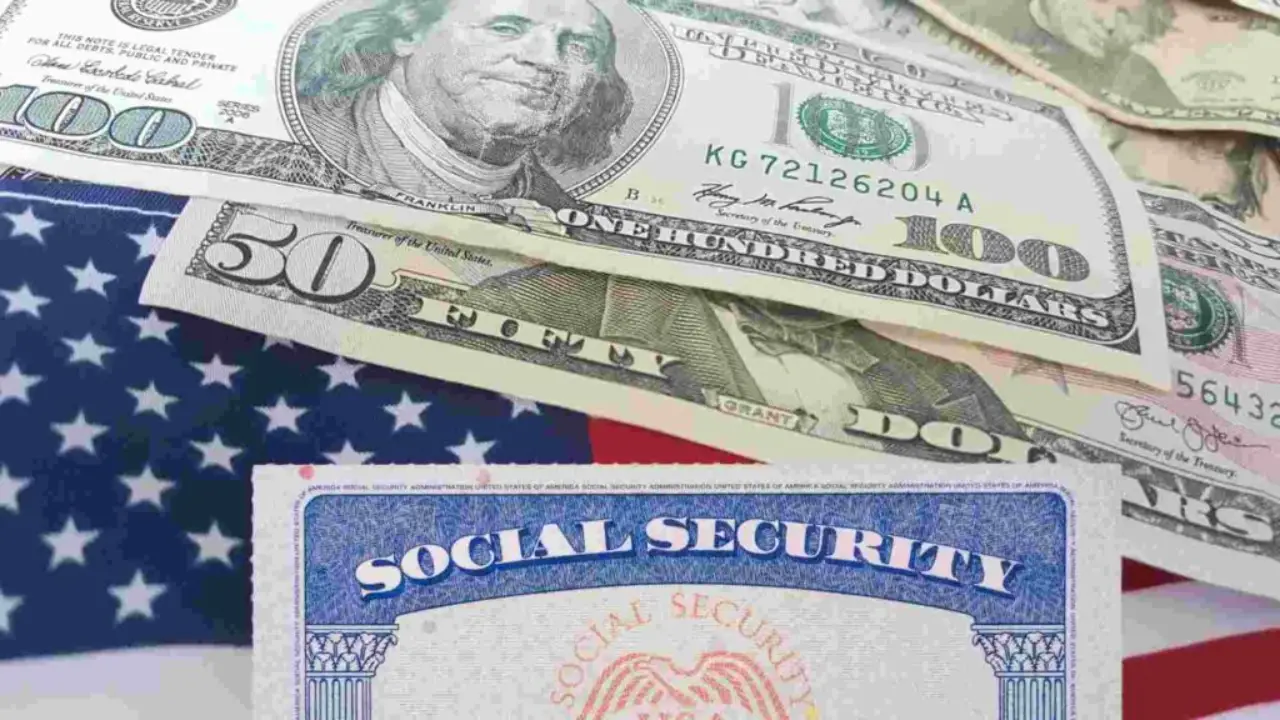Supplemental Security Income (SSI) recipients are about to experience a unique payment schedule as the year 2024 comes to a close.
Due to the alignment of weekends and federal holidays, beneficiaries will receive three payments before December 31. This isn’t additional money but early disbursements for December 2024 and January 2025.
Knowing how to manage these payments is critical for financial stability.
Why Are SSI Payments Adjusted?
Typically, SSI payments are issued on the first of each month. However, if this date falls on a weekend or holiday, the payment is sent earlier. For late 2024, this adjustment results in:
- November 1, 2024: Regular SSI payment for November.
- November 29, 2024: Early December payment, as December 1 falls on a Sunday.
- December 31, 2024: Early January 2025 payment, since January 1 is a federal holiday.
These changes ensure recipients receive their funds on time but require careful budgeting as there will be no separate SSI payment in December.
Key Dates for the Triple SSI Payments
| Payment Date | Purpose |
|---|---|
| November 1, 2024 | Regular November SSI payment |
| November 29, 2024 | Early December payment |
| December 31, 2024 | Early January 2025 payment |
By planning around these dates, recipients can manage their finances effectively for the end of the year and the beginning of 2025.
Planning Ahead: Budgeting Tips for SSI Recipients

Managing early payments can be challenging without a solid plan. Here are some practical tips to help:
1. Mark Payment Dates
Keep track of the November 1, November 29, and December 31 payments. Knowing when funds arrive helps avoid overspending or running out of money too quickly.
2. Separate Payments for Each Month
Treat the November 29 and December 31 payments as they are intended: for December and January expenses, respectively. This approach will prevent shortfalls in January.
3. Prioritize Essential Expenses
Focus on covering necessities first, such as:
- Rent or mortgage payments
- Utilities
- Groceries
- Medical expenses
4. Save a Portion of Payments
Set aside part of each early payment to ensure coverage for January’s needs. Saving can provide a financial cushion during months with no SSI disbursement.
Avoiding Budgeting Pitfalls
Even with planning, it’s easy to fall into common budgeting mistakes. Here’s how to avoid them:
- Resist Impulse Purchases: It might feel like extra money, but it’s not. Keep spending limited to essentials.
- Track Your Expenses: Maintain a simple record to monitor spending habits and adjust as needed.
- Stick to a Budget: Once you’ve created a plan, follow it closely to avoid financial strain.
Resources for Financial Guidance
If managing the payments feels overwhelming, there are resources to assist SSI recipients:
Social Security Administration (SSA)
The SSA provides official payment schedules and financial management tools. Visit their website at ssa.gov.
Community Organizations
Local nonprofits often offer free budgeting workshops and personalized financial counseling.
Nonprofit Assistance Programs
Organizations like United Way and Catholic Charities can help with financial planning and provide resources for low-income families.
How Families Can Support SSI Recipients
Family members can play an important role in helping SSI beneficiaries manage early payments. Here are a few ways to assist:
- Help with Budgeting: Work together to create a monthly budget aligned with the new payment schedule.
- Encourage Saving: Remind recipients to save part of their payments for future expenses.
- Explore Additional Benefits: Look into programs like SNAP or energy assistance to reduce financial strain.
Conclusion
Receiving three SSI payments before December 31 might seem confusing, but with proper planning and budgeting, recipients can navigate this schedule smoothly.
By marking key dates, prioritizing essential expenses, and seeking support when needed, SSI beneficiaries can ensure financial stability as they transition into the new year.
Remember, these are not extra funds but early payments meant to last through December and January. Manage wisely to avoid any financial shortfalls.
Note: Every piece of content is rigorously reviewed by our team of experienced writers and editors to ensure its accuracy. Our writers use credible sources and adhere to strict fact-checking protocols to verify all claims and data before publication. If an error is identified, we promptly correct it and strive for transparency in all updates, feel free to reach out to us via email. We appreciate your trust and support!




